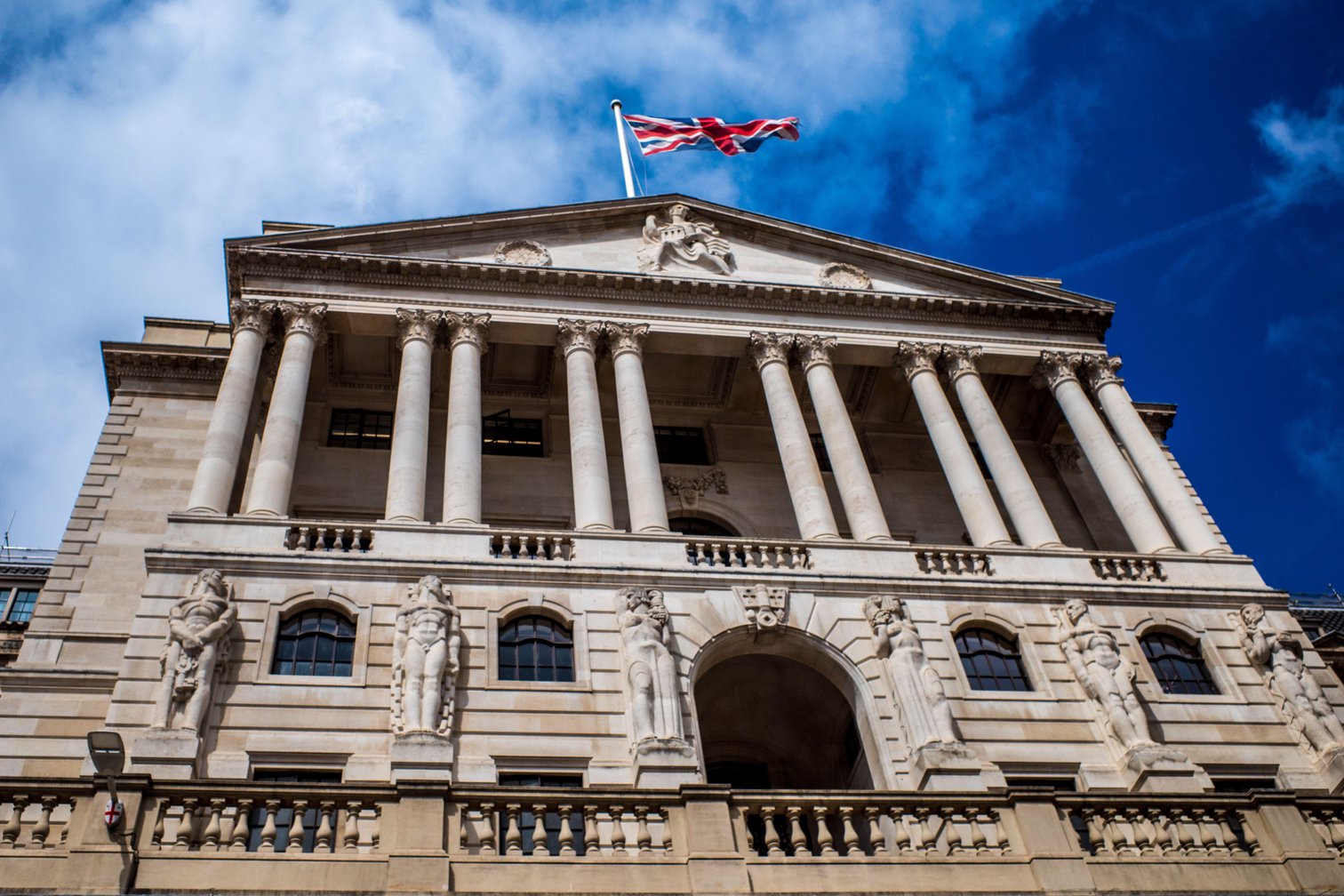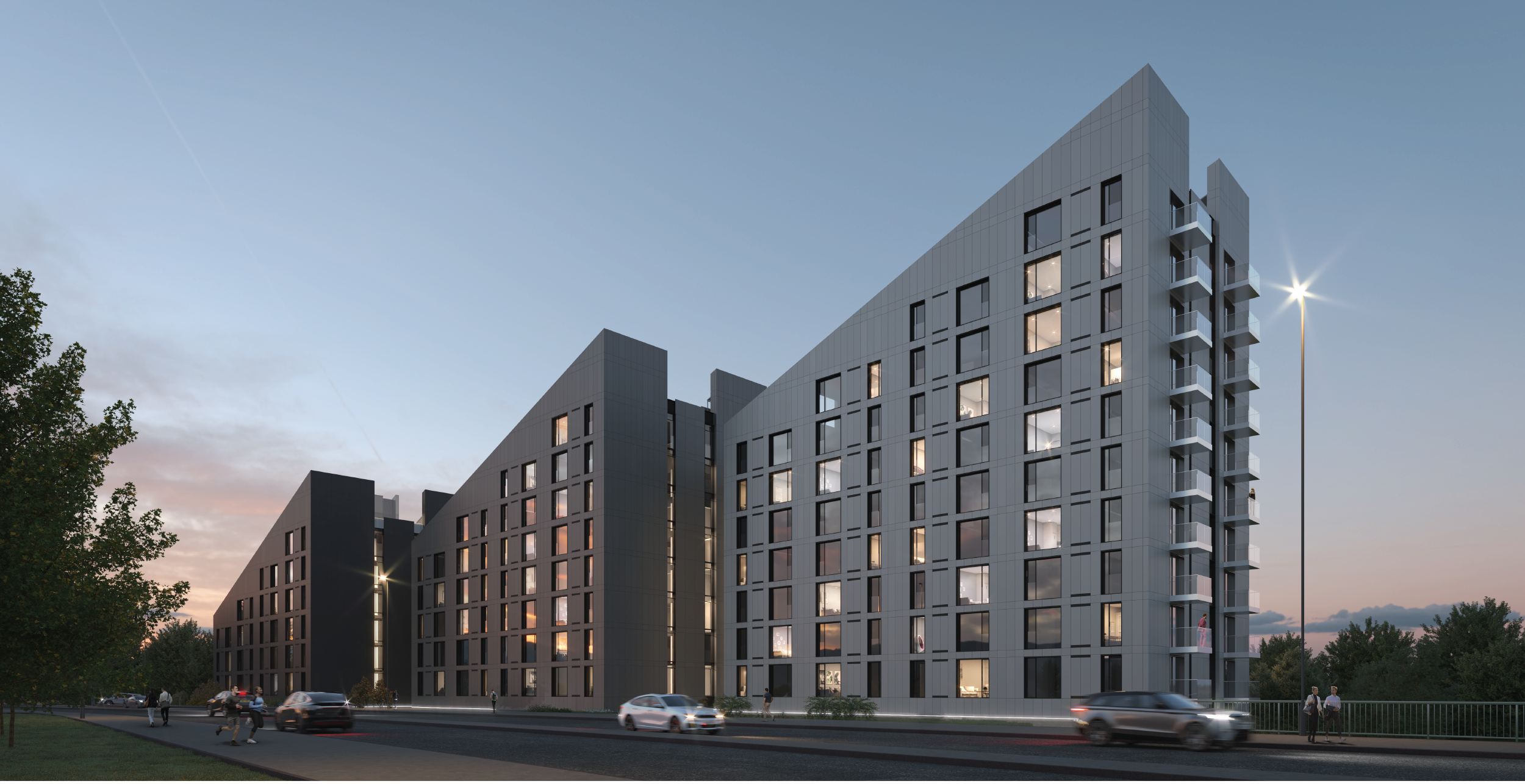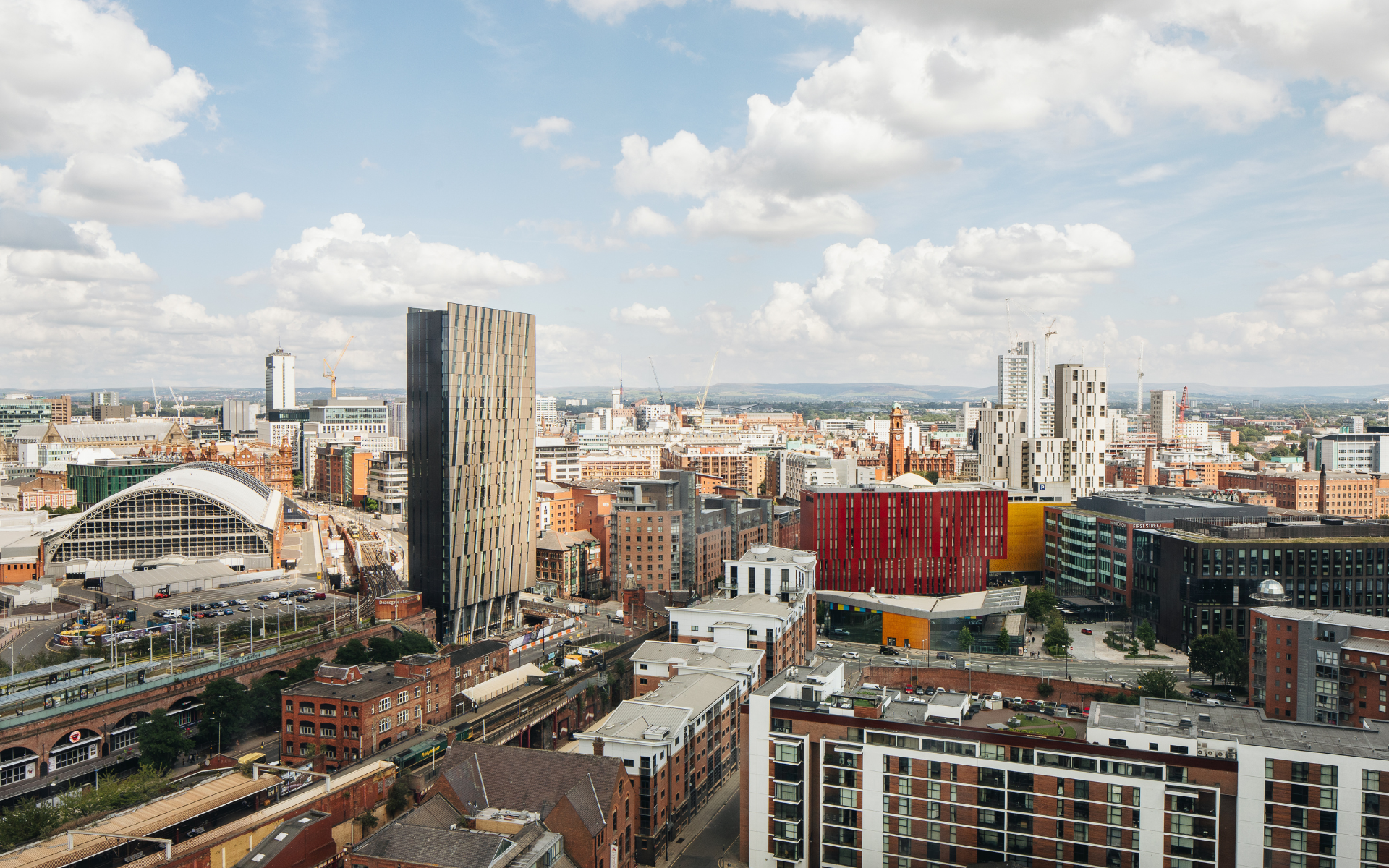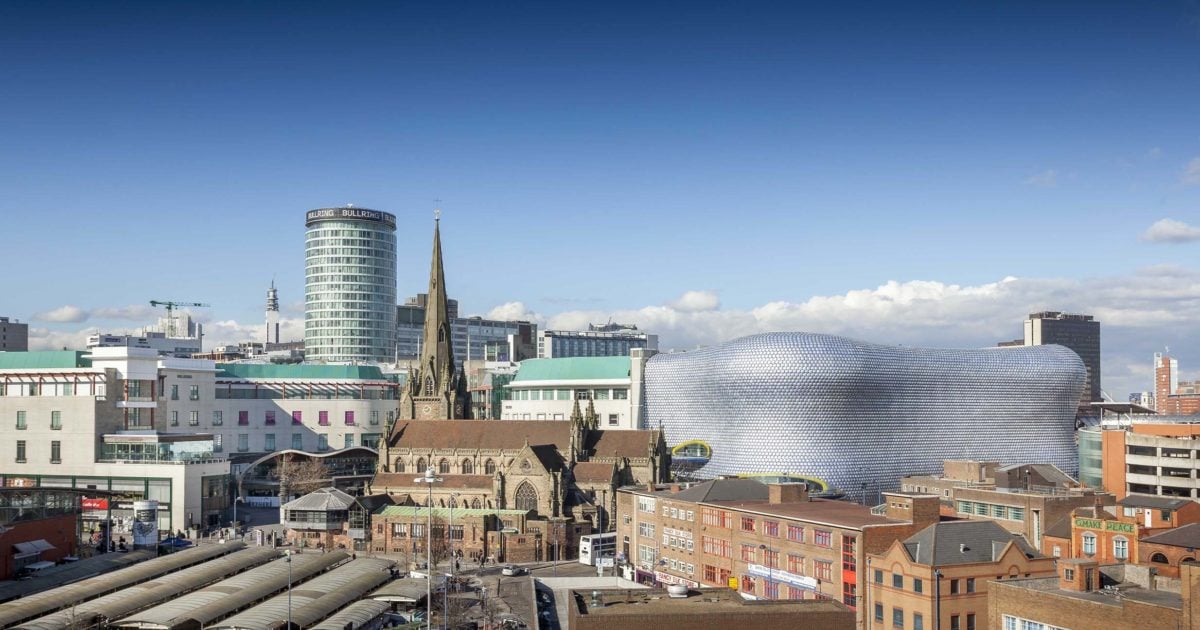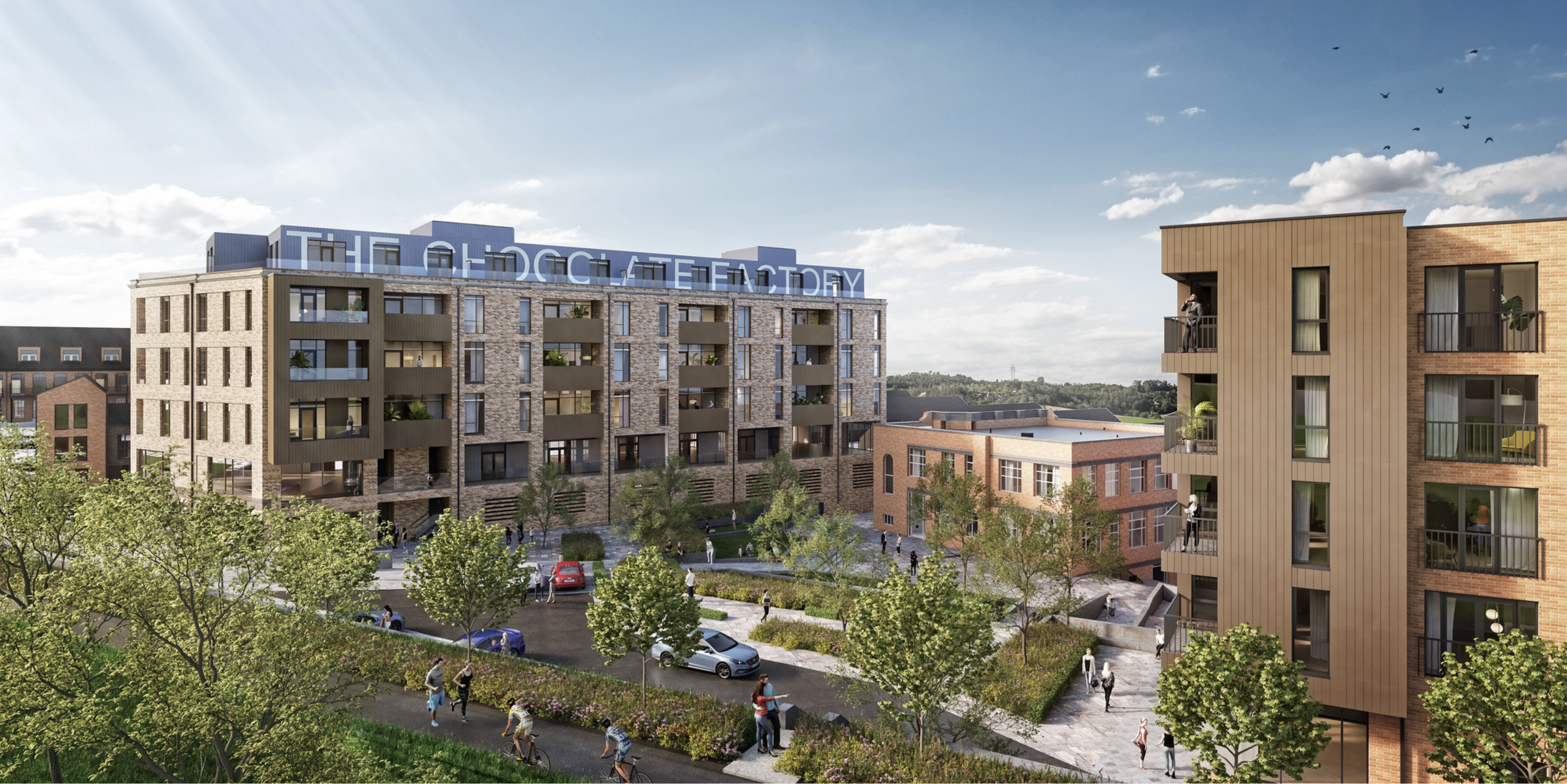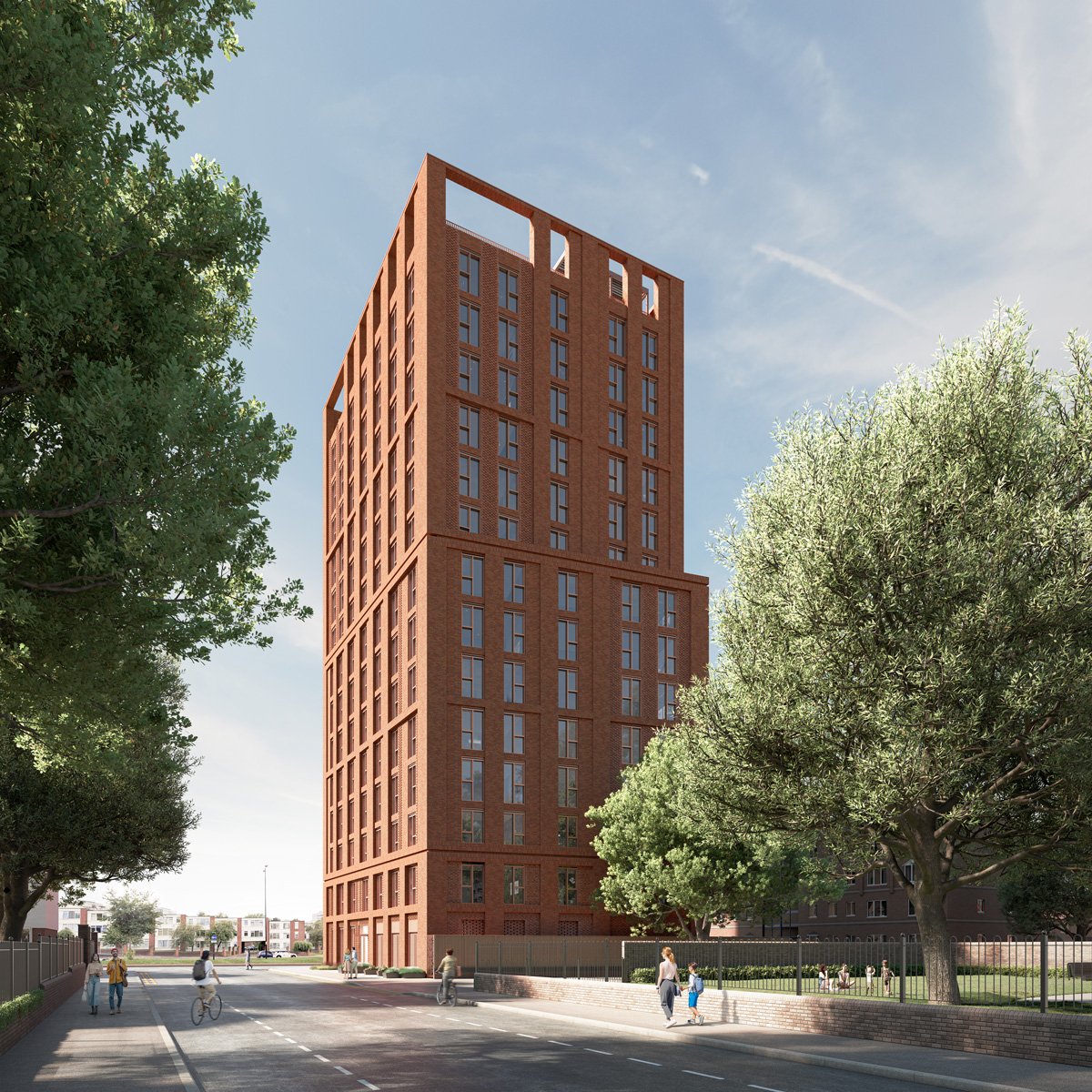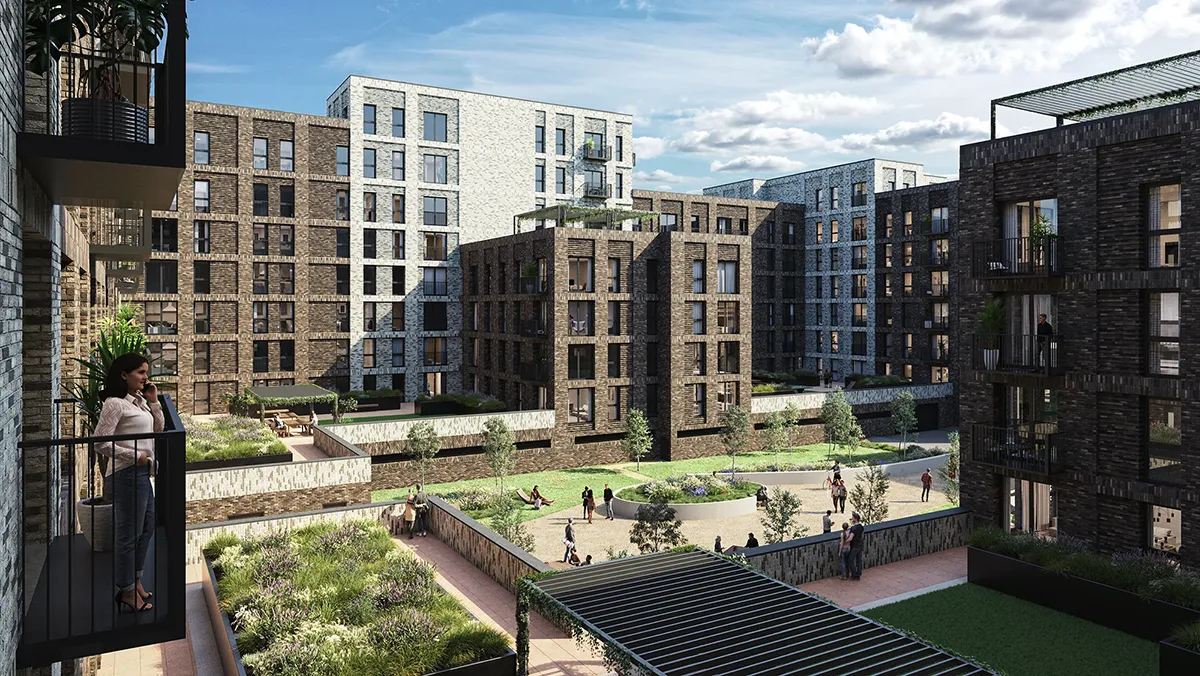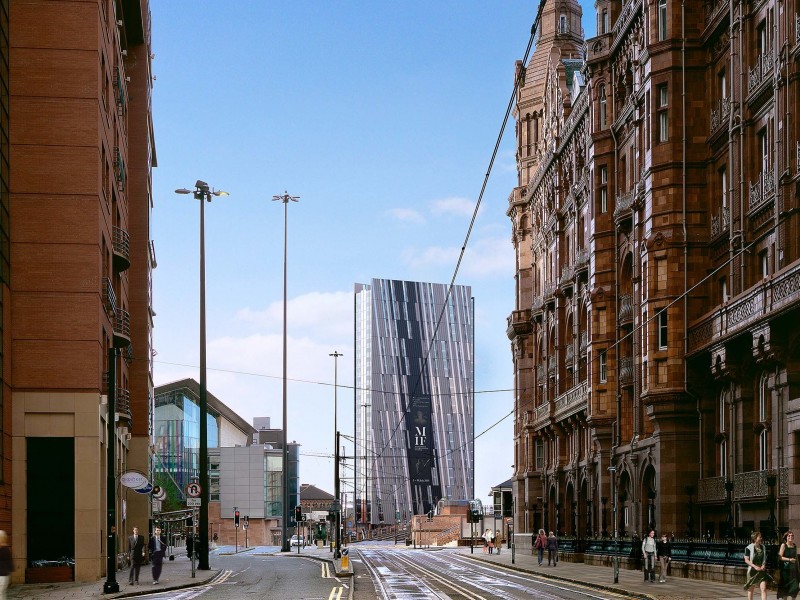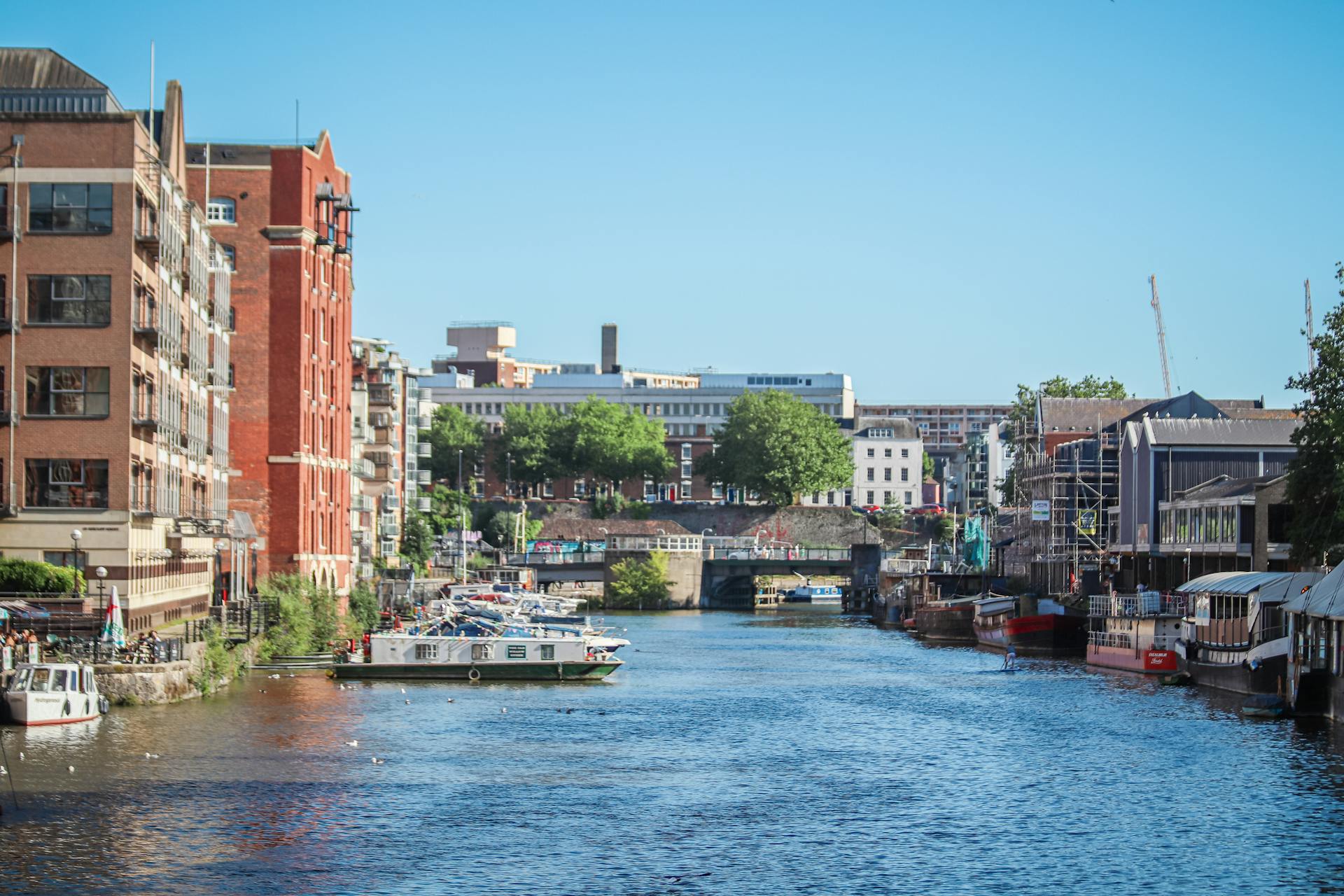Manchester marketplace demand - buying property in Manchester

Manchester is established as the UK’s leading property hotspot. The market has been booming for years following extensive public and private investment which has transformed the city into a global destination.
A business-friendly environment, a population that is growing rapidly, a collection of world-class educational institutions and a cultural offering renowned around the world has made Manchester into something special – and both house prices and rents have risen along with the city.
Which leads us to ask: what about the future? Having a good decade behind you is good, but having a plan for the next 10 years is more important even than that – especially for those who are looking to buy property in Manchester as a long-term investment.
Population growth
When a city grows as fast as Manchester when you begin to wonder whether demand will taper off and meet the available supply, levelling out house price growth. Manchester is an interesting case in this regard due to the speed of construction in the city. The latest Deloitte Crane Survey highlights this, noting that 5,000 residential units were completed in 2020 and another 12,000 are currently under construction.
By the end of 2021 we are expecting a further 5,000 or more homes to complete, but the annual number drops off considerably in the years following – and this will have a major impact on supply for the foreseeable future.
The latest figures show that the city’s population is increasing even more quickly than homes could possibly be built. Data from the Office for National Statistics show that the city’s population growth is double the national UK average, and the Manchester City Council Forecasting Model shows that the city’s population will reach 627,000 by 2025 – an increase of approximately 70,000 people.
As much as Manchester has grown over the last few years, the next decade is set to be even more impressive. The city’s programme of investments promises to continue drawing more and more people to the North West – and all of them will need housing. If there is not enough desirable accommodation in the city centre, competition will increase and prices will rise.
HS2
The HS2 high speed rail line is set to bring major economic benefits to Manchester by cutting the journey times to London and Birmingham in half.
Residents in the city and commuters living locally will be able to head to the capital in just sixty-eight minutes, and HS2 will also improve the Manchester’s local jobs market, with an influx of 40,000 jobs set to be created. It is estimated that at least and 13,000 extra new homes will be needed on top of what is already required in order to meet the influx of those choosing to live in the city.
Andy Burnham, Mayor of Greater Manchester, said: “HS2 could bring huge benefits to Greater Manchester and the whole of the North. Not only will it bring much-needed improvements to transport connectivity, but it could also make the areas around Manchester Piccadilly and Manchester Airport major centres for economic growth.”
Major investments
Manchester is also the beneficiary of a whole range of other large-scale investments which are putting the city on the map and creating the sort of high quality job opportunities which will draw even more people to the city.
Examples include ID Manchester, a world-leading community for innovation and enterprise which will further establish the University of Manchester as a world-leader in research and education. The development of this new campus will aim to create over 6,000 new jobs, along with roughly 3.5 million sq ft of mixed use space, including 3 acres of high quality public realm.
Sir Richard Leese, Leader of Manchester City Council, said: “The potential of ID Manchester is huge. There are tremendous opportunities to regenerate this distinctive part of the city and we welcome the University’s growth, investment and job-creation ambitions for the development.”
Other investments include Mayfield, a £1.5bn development spread over 24 acres which will include 2.3m sqft of new office space and create 16,000 jobs; Great Ducie Street, a 20-year plan to create 2.8m sqft of office space and expand the city centre; a new £350m arena which will seat 23,500 people and create 3,350 jobs; and many more.
Manchester housing market to keep growing
Due to the growing population and economic boosts which are going to continue in Manchester for over the next decade, both house prices and rents will continue growing in the city as demand goes through the roof.
Manchester and the wider North West region are already leading the way as the post-covid recovery begins to take shape. Whereas the Office for National Statistics recorded the average national house price growth in the year to June 2021 as 13.2%, in the North West it was 18.6% over the same time period.
On a city-by-city basis, the latest data from Hometrack shows that the lack of supply is also serving to push house prices up. This analysis shows that Manchester’s house prices were 7.7% higher in July 2021 than they were in the same month last year – and that again compares favourably with the national city average of 6%.
The overall lack of supply is only going to worsen in Manchester over the coming years thanks to the aforementioned growing population and a pipeline of homes that is drying up. This state of affairs is a major reason why Savills recently upgraded its 5-year forecast for the region, up to a further 28% house price growth by the end of 2025.
This follows the trends of the past five years – with Manchester leading the way as the London market continues to fall away – and is set to continue into the future over the next decade. It is good news for anyone who is looking to buy property in Manchester, particularly people who do so in the near future and make the most of the projected capital appreciation which is set to arrive in the next 10 years.
For more information about purchasing a buy to let property in Manchester, get in touch with our team today who will be able to advise on your best options to achieve stable, long-term returns. Click here to find out more >>
Continue Reading
